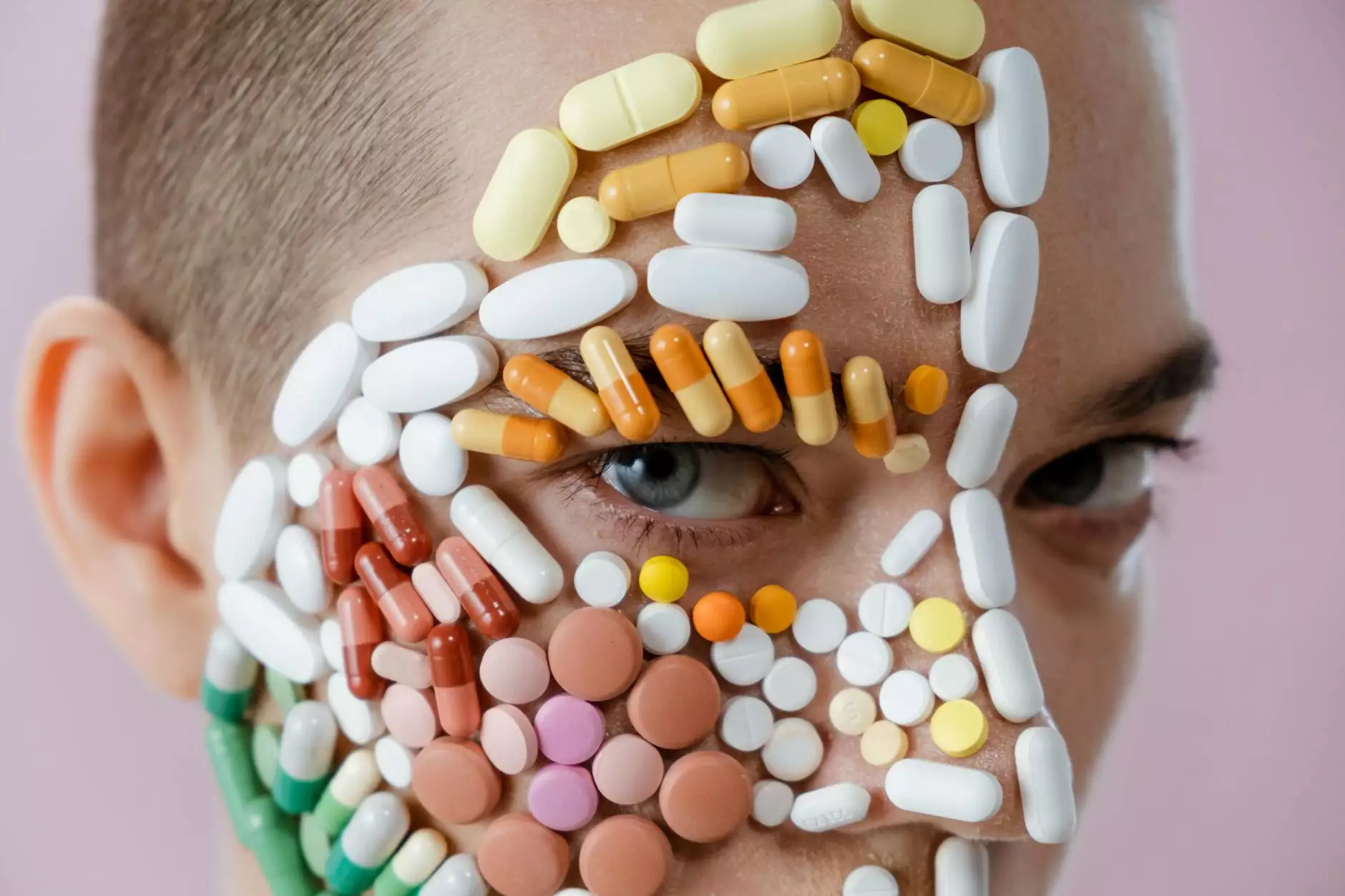Stimulating The Brain: Here's How You Can Cope With Depression
Health
Welcome to Ageless Wisdom Magazine, your go-to resource for valuable insights and information on a wide range of lifestyle topics, including ways to stimulate your brain and cope with depression.
The Impact of Depression
Depression is a serious mental health condition that affects millions of people worldwide. It not only impacts an individual's emotional well-being but also their physical health and overall quality of life. The symptoms of depression can vary from person to person, including persistent sadness, lack of energy, difficulty concentrating, loss of interest in activities, and even thoughts of self-harm or suicide.
While seeking professional help is crucial for managing depression, there are various strategies you can incorporate into your daily routine to stimulate your brain and improve your mood. By engaging in activities that promote mental well-being, you can enhance your overall quality of life and work towards overcoming depressive symptoms.
The Power of Physical Exercise
One of the most effective ways to stimulate your brain and combat depression is through regular physical exercise. Engaging in activities such as aerobic exercises, yoga, or even brisk walking can significantly improve your mood. Exercise stimulates the release of endorphins, also known as "feel-good" chemicals, in the brain. These endorphins help reduce stress, boost your mood, and improve overall mental well-being.
Additionally, physical exercise promotes better sleep patterns, which is crucial for individuals dealing with depression. Getting enough restorative sleep allows your brain to recover and rejuvenate, positively impacting your emotional state. Introducing a consistent exercise routine into your daily life will not only help you cope with depression but also provide numerous other physical and mental health benefits.
The Importance of Mental Stimulation
The human brain thrives on stimulation, and incorporating activities that challenge your cognition can significantly improve your mental well-being. Engaging in mentally stimulating activities activates various regions of the brain, promoting growth and preventing cognitive decline.
Consider activities such as reading, solving puzzles, playing musical instruments, learning new languages, or engaging in artistic pursuits. These activities not only divert your mind from negative thoughts but also help create new neural connections, improving cognitive function and overall brain health. Regular mental stimulation can enhance your memory, concentration, and problem-solving skills, aiding in the management of depression.
The Role of a Balanced Diet
Proper nutrition plays a crucial role in supporting brain health and promoting overall well-being. Consuming a balanced diet rich in essential nutrients can positively impact your mood and energy levels.
Include foods like fatty fish, nuts, seeds, whole grains, fruits, and vegetables in your meals to provide your brain with the necessary nutrients for optimal functioning. Certain nutrients, such as omega-3 fatty acids, vitamin D, B vitamins, and magnesium, have been linked to improved mental health and reduced depressive symptoms. Incorporating these nutrients into your diet can be beneficial in coping with depression and enhancing your brain's well-being.
Social Connections and Support
Building and maintaining strong social connections is crucial for your overall mental health and well-being. Depression often leads to social isolation, intensifying feelings of loneliness and despair. Actively seeking social interactions and cultivating a support system can help alleviate these negative emotions.
Participate in social activities, join clubs or organizations that align with your interests, and reach out to friends and family members for support. Engaging in meaningful conversations and sharing experiences can provide a sense of belonging and improve your mood. Connecting with others not only stimulates your brain but also contributes to better emotional resilience and coping mechanisms.
Seeking Professional Help
While incorporating these strategies into your daily routine can help cope with depression, it is crucial to seek professional help. A qualified healthcare professional, such as a therapist or psychiatrist, can provide personalized guidance and treatment options tailored to your specific needs.
Remember to consult a healthcare professional before making any significant changes to your lifestyle or treatment plan. They will be able to provide the necessary support and guidance to ensure you're taking the right steps towards better mental health.
Conclusion
In conclusion, by prioritizing your mental well-being and implementing strategies to stimulate your brain, you can effectively cope with depression. Ageless Wisdom Magazine is dedicated to providing valuable lifestyle tips and information to help you lead a fulfilling life.
Remember to engage in regular physical exercise, challenge your mind with mentally stimulating activities, maintain a balanced diet, nurture social connections, and seek professional help when needed. By incorporating these habits into your life, you can take significant steps towards improving your mental health and overall quality of life.




